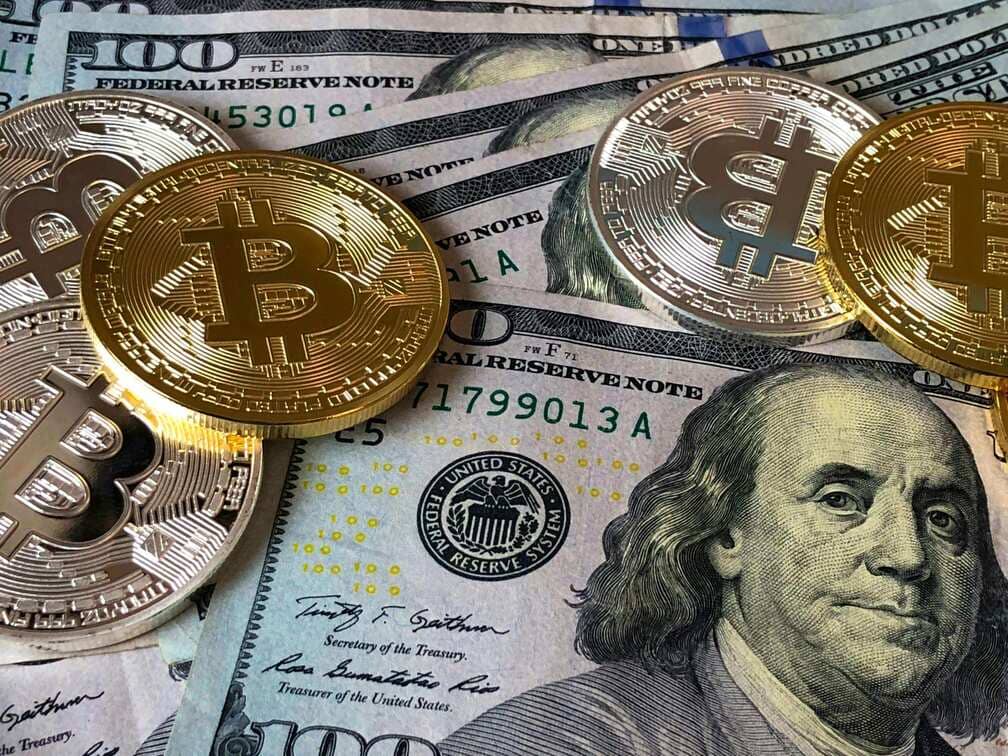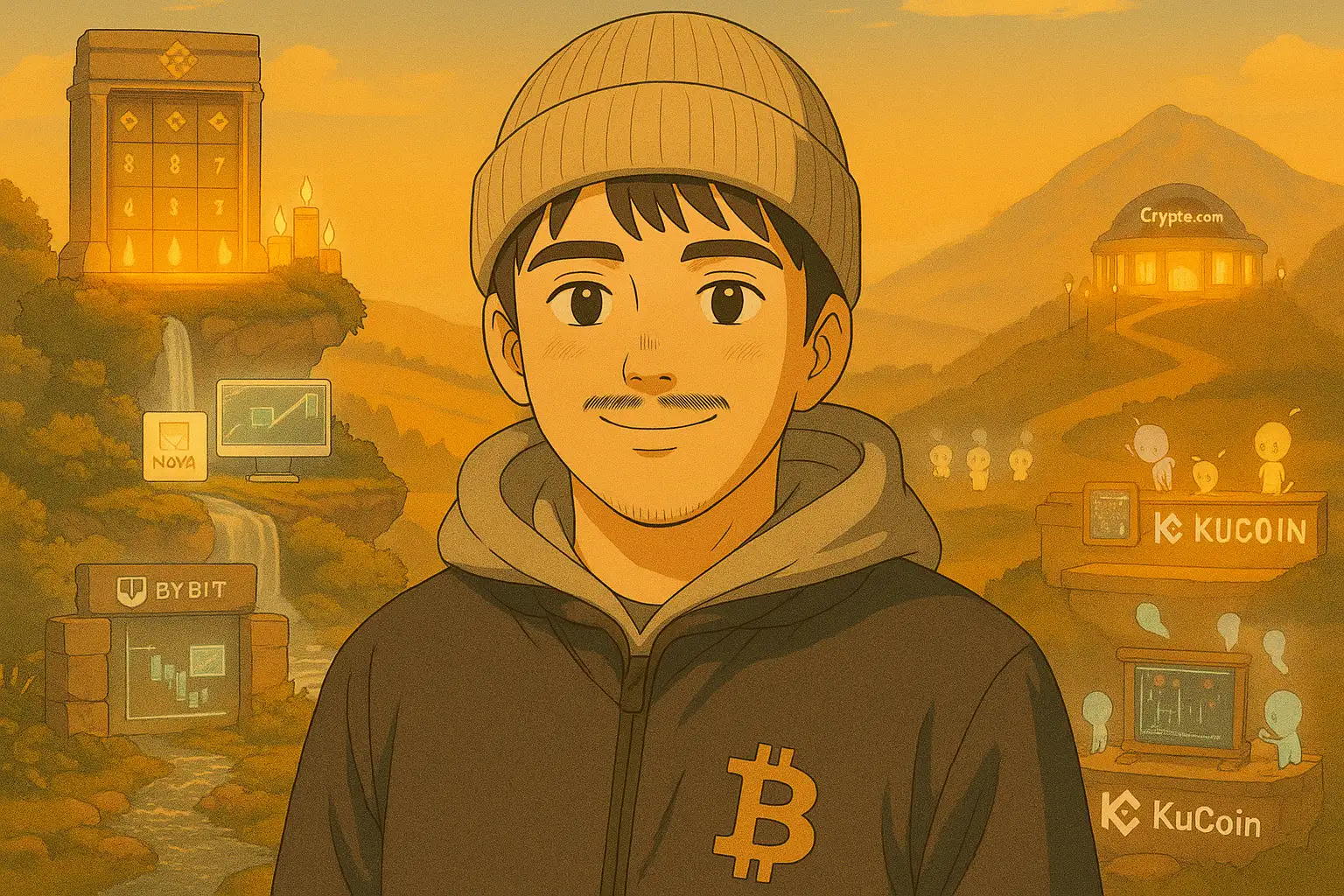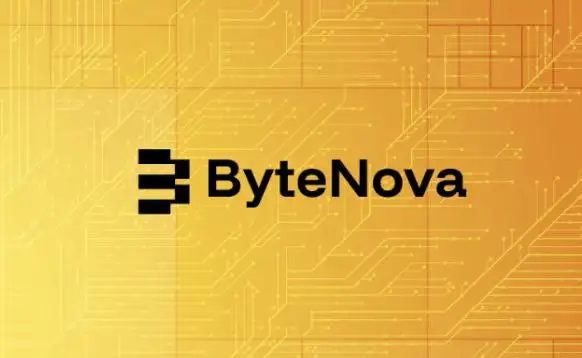
The Evolution of Money
In the annals of human history, the concept of money has undergone a fascinating evolution.From the days of bartering goods in ancient marketplaces to the complex financial systems of today, the journey of money mirrors our civilization's progress.
Initially, trade was simple and direct—a bushel of corn for a t-shirt, a sack of grain for a jug of milk. However, this system hit a snag when demand imbalances emerged.What if one party required something the other didn't possess? The solution was the birth of "money"—a universally desired commodity serving as a medium of exchange.
But as societies grew more complex, the limitations of traditional money became apparent. Commodity money was cumbersome, challenging to transport, and not scalable for larger economies.
This led to the introduction of IOUs, where people stored their wealth in vaults and exchanged paper receipts representing their holdings. Thus, modern banking was born, providing convenience and accessibility.
However, modern banking brought its own set of issues. Fractional reserve banking, introduced in 17th-century Europe, allowed banks to lend more than they actually held, leading to liquidity crises and economic instability.Moreover, centralization and unlimited money printing fueled distrust in traditional financial institutions.
The Promise of Decentralized Finance (DeFi)
Enter decentralized finance (DeFi), a groundbreaking concept poised to revolutionize the financial landscape.DeFi leverages blockchain technology and AI to address the shortcomings of traditional banking systems and promote financial inclusion.
Historically, centralized financial institutions have encountered some shortcomings. The 2008 financial crisis, triggered by reckless lending and speculative trading, exposed the fragility of the traditional banking sector.
Moreover, the lack of transparency and accountability within centralized systems has disenfranchised millions, leaving them vulnerable to economic downturns and institutional malpractice.
DeFi offers a compelling alternative. By decentralizing financial services, it eliminates the need for intermediaries, reducing costs and increasing efficiency.Smart contracts, powered by blockchain technology, ensure transparency and automate transactions, mitigating the risk of fraud and manipulation.
Unlike traditional banking systems where information is centralized on a single server, creating a single point of failure vulnerable to hacking or manipulation, DeFi operates on a decentralized network of computers, each maintaining a copy of the ledger.
Picture a library with one massive book containing all financial records versus a network of interconnected libraries, each holding a copy of the ledger.
If one library were to burn down, the information would still be accessible from other locations. This distributed ledger system ensures redundancy and resilience, making it exceedingly difficult for any single entity to tamper with or compromise the integrity of the data.
Moreover, DeFi promotes financial inclusivity by transcending geographical barriers. Individuals in regions with devalued currencies or limited access to traditional banking can now participate in the global economy on equal footing.
This democratization of finance empowers individuals to take control of their wealth and participate in wealth creation opportunities previously inaccessible to them.Consider a scenario where a hardworking farmer dedicates their life to cultivating crops, only to find their savings eroded by inflation or stolen due to lack of secure storage options.
In many regions, this is their reality. The instability of local currencies and the absence of robust banking infrastructure leave individuals vulnerable to economic uncertainties.
With DeFi, individuals facing such challenges can safeguard their wealth through decentralized platforms. Imagine the farmer tokenizing their assets—perhaps a portion of their harvest—on a blockchain network.
This digital representation of their wealth transcends physical boundaries and inflationary pressures, offering a secure store of value immune to the whims of centralized authorities or economic fluctuations.
It is akin to a virtual vault secured in a different dimension, accessible only to the owner who holds the keys.Through DeFi, the farmer not only preserves their wealth but also gains access to a wide range of financial services previously out of reach.
They can borrow against their tokenized assets to invest in equipment or expand their operations, all without relying on traditional banks or intermediaries.In this way, DeFi empowers individuals to break free from the cycle of poverty and take control of their financial destiny, regardless of their geographical location or economic circumstances.
Addressing Security Concerns
However, as with any emerging technology, DeFi raises valid security concerns. Some argue that relying on pieces of code to facilitate financial transactions is inherently risky, as any vulnerabilities in the code could be exploited by malicious actors.
Furthermore, the question of who is creating this code and how it is being audited for security flaws is paramount.While the decentralized nature of DeFi eliminates the need for traditional intermediaries, it also means that there is no central authority responsible for ensuring the security and reliability of the underlying code.
To mitigate these concerns, the DeFi community is actively working to establish best practices for code development and auditing.
Independent audits, conducted by reputable firms, help identify and rectify vulnerabilities before they can be exploited. Additionally, ongoing research and collaboration within the DeFi ecosystem aim to improve the resilience and security of decentralized financial platforms.
Embracing a New Paradigm
In essence, DeFi is reshaping the way we perceive value exchange. By returning to the principles of peer-to-peer transactions, it restores trust and autonomy to the financial system.Unlike traditional banking, which relies on centralized authorities and outdated infrastructure, DeFi is decentralized, transparent, and accessible to all.
Imagine a world where money flows seamlessly across borders, unrestricted by physical barriers or bureaucratic hurdles.Thanks to blockchain technology and AI, this vision is within reach. DeFi promises to make money as accessible as the internet itself, ushering in a new era of financial freedom and empowerment.
In conclusion, while traditional finance has undoubtedly served as a cornerstone of our economic progress, it's essential to recognize that evolution is a fundamental aspect of human advancement.
Just as our ancestors transitioned from bartering goods to using currency, we now stand at the threshold of another transformative era in finance.
Decentralized finance (DeFi) offers a compelling solution to address the shortcomings of traditional financial systems, particularly in combating the marginalization of individuals affected by its limitations. There's nothing inherently wrong with traditional finance; it represents a significant leap forward in our collective journey as a species.
However, just as we continually strive for improvement in all aspects of life, so too can we evolve our financial systems to be more inclusive, transparent, and equitable.
DeFi represents a paradigm shift towards a more accessible and resilient financial economy—one that empowers individuals to navigate the complexities of the modern world with confidence and security.
As we embrace this evolution, let us not forget the lessons of the past but instead, leverage them to build a brighter and more prosperous future for all.
On-Chain Media articles are for educational purposes only. We strive to provide accurate and timely information. This information should not be construed as financial advice or an endorsement of any particular cryptocurrency, project, or service. The cryptocurrency market is highly volatile and unpredictable.Before making any investment decisions, you are strongly encouraged to conduct your own independent research and due diligence
Tags :

0 Comments
Show More

Circle USDC, led by Nima Elmi, holds early talks with the Nigeria's Ad Hoc Committee on Cryptocurrency.

Volatility drives trader behavior. See how major exchanges use targeted competitions to channel market chaos into structured trading volume.

Backed by NVIDIA and a16z, ByteNova is unlocking the full potential of Web3 and Edge AI
On-Chain Media is an independent, reader-funded crypto media platform. Kindly consider supporting us with a donation.
bc1qp0a8vw82cs508agere759ant6xqhcfgcjpyghk
0x18d7C63AAD2679CFb0cfE1d104B7f6Ed00A3A050
CBaXXVX7bdAouqg3PciE4HjUXAhsrnFBHQ2dLcNz5hrM
Contains the last 12 releases